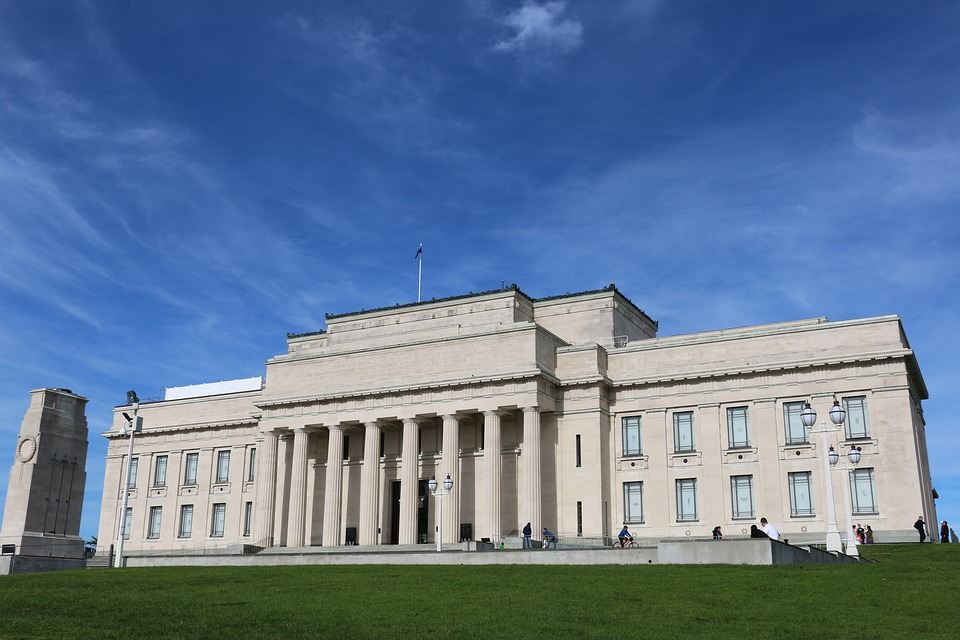By Felicity Barnes
New Zealand historian Felicity Barnes takes exception to the idea that New Zealand’s past is somehow “too small, too parochial” to compete with bigger, global stories.
News site Newsroom recently published a passionate call for more of our history to be taught. After travelling to the battlefields of World War One, former MediaWorks CEO Brent Impey discovered a past that had, until then, seemed to be hidden from him.
“As I toured these important places, I felt a simmering anger at the failure of our education system to teach us our own history. Yes, Gallipoli is now being treated with the respect it deserves. Anzac Day is now observed appropriately. But this is a relatively recent phenomenon. Still today, our history is not taught with enough depth,” he wrote.
He’s right. We need to know more about our own past. And it’s true that there has been a curious obsession with the Tudors in the education system, sometimes at the expense of knowing our own histories better.
Our past, as he suggests, does explain ‘who we are and what we have become’.
But perhaps because this was a battlefield epiphany I think he might be shooting the messenger.
Historians like me can undoubtedly continue to do better, but we don’t deny our past. Indeed, it’s more than half a century since academics like Sir Keith Sinclair and Bill Oliver wrote the first books that helped make the idea of New Zealand history respectable.
Research on colonial life, on race relations and on a neglected (at least by Pakeha) document known as the Treaty of Waitangi preoccupied these scholars, along with a coterie of graduate students and other historians, as they worked to forge a national story out of archival fragments.
The initially slim shelf of books they furnished about our past has grown exponentially; ironically, war history is one of the most prolific areas of research. Now alongside those first forays into our past we have histories of New Zealand’s teenagers, its cities, music, department stores and baches.
The work of the Waitangi Tribunal has generated thousands of pages of history. Māori history, both its content and its practice, has also begun to reshape the wider field.
All of this has made its way into classrooms in school and universities, into the exhibition spaces of our museums and galleries, and onto the shelves in libraries and bookstores.
So it is odd that our past still seems so elusive. In the classroom, New Zealand history struggles to compete with students’ interest in other times and places.
United States history outcompetes history made in New Zealand at our University at Stage 1, and the Tudors still give us a run for our money.
Of course, there is nothing wrong with a global outlook. But there is lingering sense that our history is too small, too parochial to be worth attention in our connected world.
Nothing could be further from the truth. Every aspect of our past has been touched by great globalising forces like migration, capitalism, and as the fields in Europe dotted with cemeteries show, war.
Though commemorations of World War One still rely on tired appeals to its nation-making legacies, newer histories uncover more wide-ranging stories that remind us of the imperial, regional and local dimensions of the conflict.
We don’t have to buy the old, nationalistic, myths of New Zealand as two tiny islands at the bottom of the world.
Our history tells us otherwise. This view, and the corrosive and outdated emphasis on STEM subjects as economic panacea, are greater obstacles to understanding our past than teachers in schools.
If anything is worth a bit of simmering anger, this is. Still, the tide might be turning. The centenary of World War One may have
reanimated national mythmaking, but it has also rekindled many New Zealanders’ interest in their own, very personal, pasts.
And it was school students who brought the petition to have the New Zealand wars taught in schools. It’s just possible that we may start to commemorate these wars with the same sort of respect shown for those fought in the twentieth century. So yes, we need more of our past. And we need more of it to be valued. For as long as we keep supporting it, historians will keep on reading, writing and teaching our stories.
This article was originally published in the March edition of UniNEWS and was republished with permission.
Felicity Barnes is a Senior Lecturer in History at the University of Auckland. She is an expert in New Zealand’s cultural history.
Disclaimer: The ideas expressed in this article reflect the author’s views and not necessarily the views of The Big Q.

